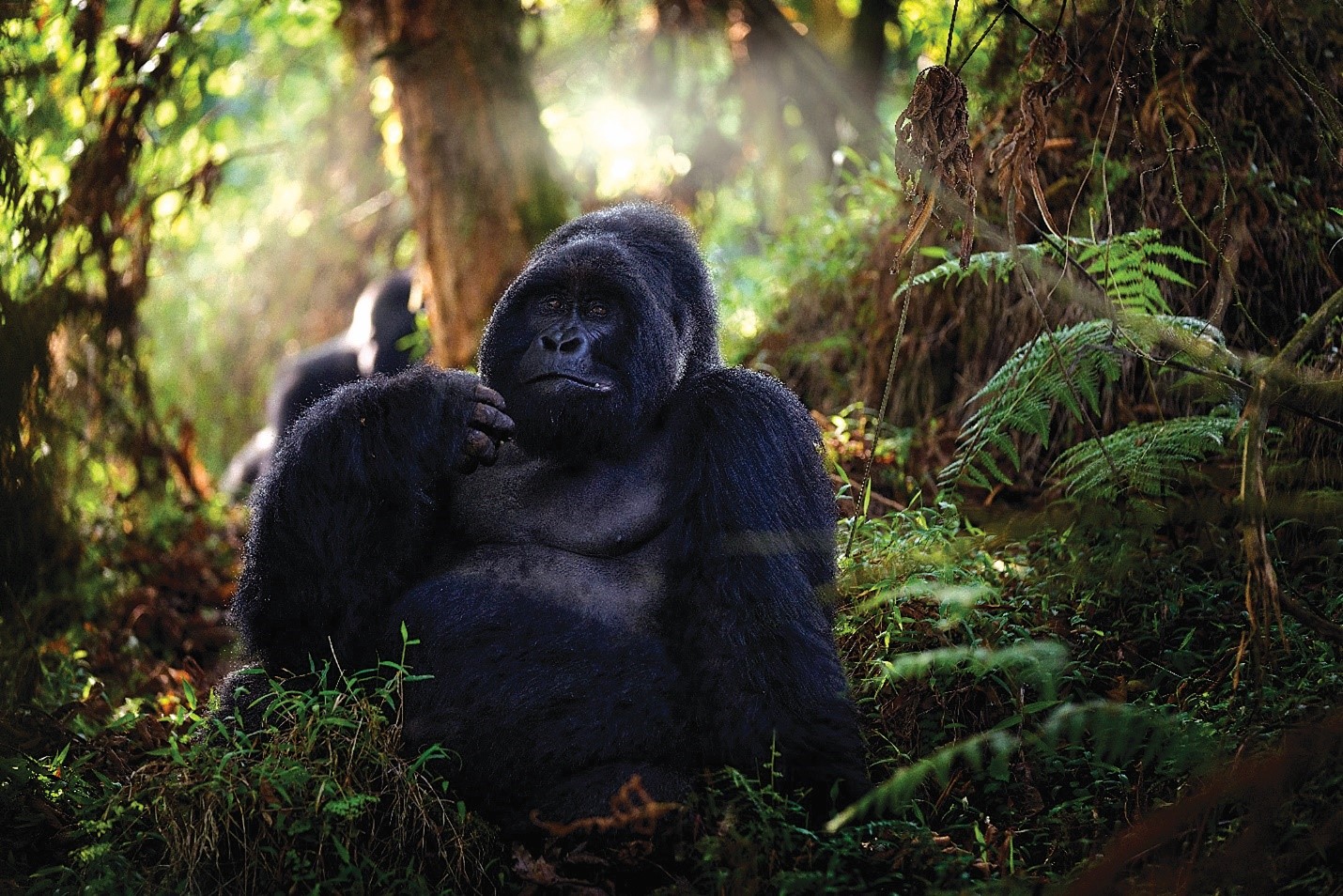
In April 1994, an estimated 800,000 Rwandan people were killed in a genocide that lasted for 100 days. If you have watched the movie ‘Hotel Rwanda’, you will know exactly what I am referring to. In 2022, the nation has half the population size of Nepal, and is land-locked from all sides. Rwanda and Nepal have a lot in common. Except, it has progressed a lot and has some unique policies and practices that Nepal and the rest of the world can take inspiration from.
I had the opportunity to travel to Rwanda just recently, and also spent a brief amount of time with Sujeev Shakya, the author of the book, ‘Unleashing Nepal’, hence, you now know where the title of this piece comes from. Sujeev has spent over a decade in Rwanda and speaking to him, meeting with government officials, people from the World Bank, and delegates of the discussions at the ‘Kigali Global Dialogue’, where I was also one of the speakers, I am greatly inspired by Rwanda - their past and how they’ve overcome the genocide to rebuild Rwanda as an example to the world.
Here are five things that make Rwanda the ‘Singapore of Africa’:
Umuganda: In Rwanda’s local language, Umuganda means ‘coming together in common purpose’. Every last Saturday of the month, it is required by law that all citizens of Rwanda (with the exception of the sick, differently-abled and children) including the President participate in cleaning drives and other forms of community work from 8 am to 11 am. It is a national holiday on this day and it is punishable by law if someone does not participate. Although this ‘forced volunteerism’ may have its own critics, it has however helped unite the citizens for a national cause and also put Rwanda on the global map as ‘one of the cleanest countries in the world, the cleanest in all of Africa’.
Women in leadership: In 2003, the country’s newly passed Constitution declared the country was committed to equality between men and women and declared that women should hold at least 30% of parliamentary seats. By 2022, women make up 64% of the Rwandan parliament. Not just in the government, in business too - most CEOs and highest executives in private and publicly held organisations are women. No country has a better record than that. The call for equality was led not by thousands of women but by one man, President Paul Kagame, who has led the country since his army stopped the genocide. He decided that Rwanda was so demolished, so broken, it simply could not rebuild with men’s labour alone.
Credentials: Look up the cabinet of ministers’ structure, you will immediately notice that out of the 20 ministers, 14 have doctorate degrees in their respective fields of work and others have the highest credentials to run the office that they are elected and assigned to. Except for a few ministers, others have very few privileges (compared to ministers in Nepal and around the world), some drive their own cars but are utterly smart at their work. While I was speaking at the ‘Kigali Global Dialogue’, the Minister for ICT joined my talk as an audience an hour before her scheduled time for her speech, just to observe and understand what the previous speakers were saying. She was so discreet on her arrival (no security guards, no formalities, no announcements) that I didn’t notice her in the audience. Also, when she spoke, the 39-year-old minister, a MIT graduate, wowed me and the audience with every word relevant to ICT and Rwanda. It was probably one of the few times that I have listened to a politician’s speech word to word for 15 minutes.
Ease of Doing Business: Rwanda is ranked #2 in Africa and Top 50 in the world in the ‘Ease of Doing Business’ index. The index examines 11 areas of business regulation in five categories: opening a business, getting a location, accessing finance, dealing with day-to-day operations and operating in a secure business environment. Entrepreneurs and the government claim that it takes anywhere from just 24 hours to 48 hours in Rwanda to register a new business. To encourage businesses to start up, it exempts newly formed small and medium-size enterprises from paying the trading licence tax for their first two years of operation.
Digital Revolution: From use of government drones to deliver medicines in rural Rwanda to near-about 100% government services availed digitally to speeding fines recorded and communicated within seconds of violations, the Rwandan government has prioritised digital services over anything else. Although I felt, when it came to ecommerce and fintech, Nepal is way ahead than Rwanda, in other areas, especially when it involved government and public, digital was the way to go about. Rwanda is quickly becoming Africa’s digital and innovation hotspot.
Nepali Rupees 1000 equals 8,077 Rwanda Francs. I think we are lucky to be pegged with the Indian Rupee but this gap will soon close as the Rwanda economy advances. The weather in Rwanda averages 24 degree Celsius. It feels like Dashain throughout the year. I don’t have official records but the Nepalis working there claim that there are less than 50 Nepalis in Rwanda; mostly working there as finance heads in oil and gas companies. I also met a Korean restaurateur who spoke fluent Nepali as he had operated a restaurant in Pokhara for a decade before moving to Rwanda. The country is also home to the endangered Mountain Gorillas. The permit itself cost USD 1,500, so I skipped it and went on a safari instead. But the permit income was important for the nation to conserve the national park that was home to the gorillas.


